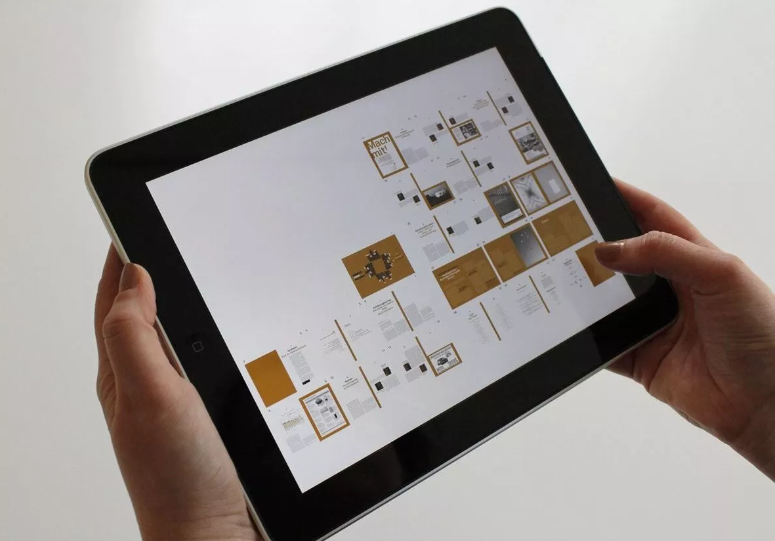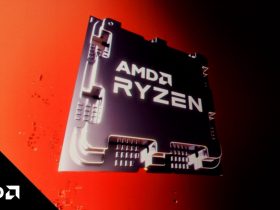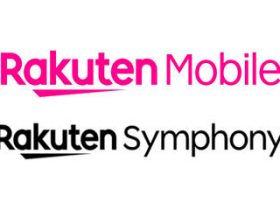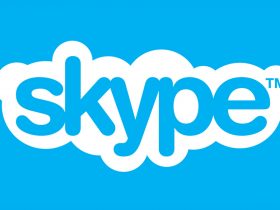As an engineer, you are not just expected to proficiently execute complex projects, but you are also responsible for working efficiently, delivering high-quality results, and meeting deadlines. With technological advancements over the years, tablets have become increasingly popular among engineers as a practical tool that can simplify their work processes.
Tablets offer a multitude of benefits for engineers, enabling them to improve their day-to-day tasks and increase their overall productivity. In this blog post, we will discuss the benefits of using a tablet as an engineer and how it can help you work smarter, not harder. For a recommendation of the best tablets for engineers, click this link: https://theholytech.com/best-tablet-for-engineers/
1. Streamlined note-taking and drawing capabilities
For engineers, note-taking and drawing are both integral practices that play a vital role during the stages of conceptualization, planning, and execution of any project. Traditionally, engineers have used paper and pen to jot down their ideas and sketches. However, with the advent of tablets, taking notes and sketching on digital devices has become more streamlined and efficient.
Tablets, such as the iPad Pro and Microsoft Surface, offer features like advanced stylus pens, accurate touch screens, and powerful apps like OneNote and GoodNotes that make note-taking and drawing a breeze. The benefits include increased productivity, higher accuracy, and less clutter on your desk or workspace. With the ability to easily share digital notes, markups, and sketches, engineers can collaborate with coordinators, architects, and project managers easily, saving time and increasing efficiency in the development process.
2. Portable access to project plans and documents
One of the benefits of using a tablet as an engineer is having portable access to project plans and documents. In today’s fast-paced and mobile work environment, being able to access project plans and documents on-the-go is crucial for increased productivity and efficiency. With a tablet, engineers can have all the necessary project documents, such as blueprints, specifications, and reports, at their fingertips wherever they may be. This eliminates the need for carrying around bulky paper documents or being tied to a stationary computer, allowing engineers to work from anywhere, at any time.
Additionally, a tablet offers features such as file-sharing and syncing, which allows team members to collaborate seamlessly and easily on project documents, further improving productivity and efficiency. Overall, the portable access to project plans and documents offered by a tablet is a valuable asset for engineers looking to boost their productivity and stay competitive in today’s fast-paced work environment.
3. Ability to collaborate and share ideas in real-time
One of the most noteworthy benefits of using a tablet as an engineer is the ability to collaborate and share ideas in real-time. With the advancements in technology, this feature has become more accessible and affordable than ever before. Engineers can now connect and share their work with team members and clients anywhere in the world, allowing for quicker productivity and increased efficiency. With cloud-based sharing options, teams can collaborate on projects and instantly receive feedback, making revisions and adjustments on the go.
Furthermore, the real-time nature of this feature allows for engineers to save valuable time and reduce the risk of errors in their work. This can also lead to decreased costs for the organization, as less time spent on revisions means less money spent on labor. The ability to collaborate and share ideas in real-time is a game-changer for engineers, allowing for seamless integration of work within a team or with clients, ultimately leading to increased productivity and efficiency.
4. Enhanced visualization of 3D models and designs
One of the key benefits of using a tablet as an engineer is the enhanced visualization of 3D models and designs. With a tablet, engineers can access and view 3D models and designs from anywhere, at any time. This allows for increased collaboration and efficient communication when working with colleagues and clients. The larger screen size and high-resolution display of many modern tablets also provide a clearer and more detailed view of intricate designs and models.
This enhanced visualization capability enables engineers to catch design flaws and potential issues earlier in the process, ultimately saving time and reducing the risk of errors. Additionally, utilizing a tablet to view 3D models and designs can lead to increased creativity and innovation in the design process, as engineers can easily manipulate and experiment with different elements of the model in real time.
5. Reduced need for paper-based documentation
Tablets have revolutionized the way professionals operate in the workplace, especially for engineers. One of the key benefits of using a tablet in this field is the reduced need for paper-based documentation. In the past, engineers had to carry around heavy binders or stacks of paper documents, making it cumbersome and time-consuming to access information when needed. With a tablet, however, engineers can access and annotate drawings, diagrams, and other documents quickly and easily with just a few taps on the screen.
Not only does this save time and effort, but it also reduces the likelihood of misplacing important documents or damaging them in transit. By embracing the digital age with a tablet, engineers can count on increased productivity and efficiency while also prioritizing environmental sustainability by reducing their paper waste.
6. Improved accuracy and precision in measurements and calculations
One of the many benefits of using a tablet as an engineer is the improved accuracy and precision in measurements and calculations. With tablet applications specifically designed for engineering tasks, accuracy can be increased through advanced algorithms and data processing. Additionally, a tablet’s touchscreen functionality allows for more precise inputs and measurements, minimizing potential errors or inaccuracies resulting from manual entry or reading.
These features not only enhance accuracy but also help save valuable time spent on corrections and re-calculations. The improved precision of calculations and measurements achieved through tablet use also translates into higher-quality outputs, ultimately resulting in more successful projects and satisfied clients.
7. Increased multitasking capabilities
One of the primary benefits of using a tablet as an engineer is the increased multitasking capabilities it offers. By using a tablet, engineers can easily switch between different apps and tasks without having to switch devices or interrupt their workflow. This increased functionality improves productivity and efficiency by allowing engineers to work on multiple tasks simultaneously.
Additionally, tablets offer split-screen functionality, which further enhances multitasking capabilities. This feature allows users to use two apps at the same time and is particularly useful for engineers who need to reference multiple programs or documents simultaneously. The ability to multitask on a tablet improves overall efficiency and reduces the time required to complete projects, making it an excellent tool for engineers in today’s fast-paced work environment.
8. Simplified communication with clients and team members.
One of the key benefits of using a tablet as an engineer is the ability to simplify communication with clients and team members. With a tablet, you can easily share project plans, drawings, and other documents in real-time using cloud-based software, such as Dropbox or Google Drive.
This allows team members and clients to quickly access project information, collaborate on changes, and provide feedback. Additionally, tablets offer a variety of communication tools, such as messaging apps and video conferencing, that enable seamless communication between team members, no matter their location. By streamlining communication with clients and team members, engineers can improve overall productivity and efficiency, ultimately leading to better project outcomes.
In conclusion, utilizing a tablet as an engineer can significantly increase productivity and efficiency. The portability and versatility of tablets make them an excellent option for taking notes, managing projects, and collaborating with colleagues. With the availability of numerous engineering software applications that can run on tablets, engineers can quickly turn their tablets into powerful tools that help them streamline their work processes. Switching to a tablet as an engineer will undoubtedly make your work life easier, more organized, and more efficient.






